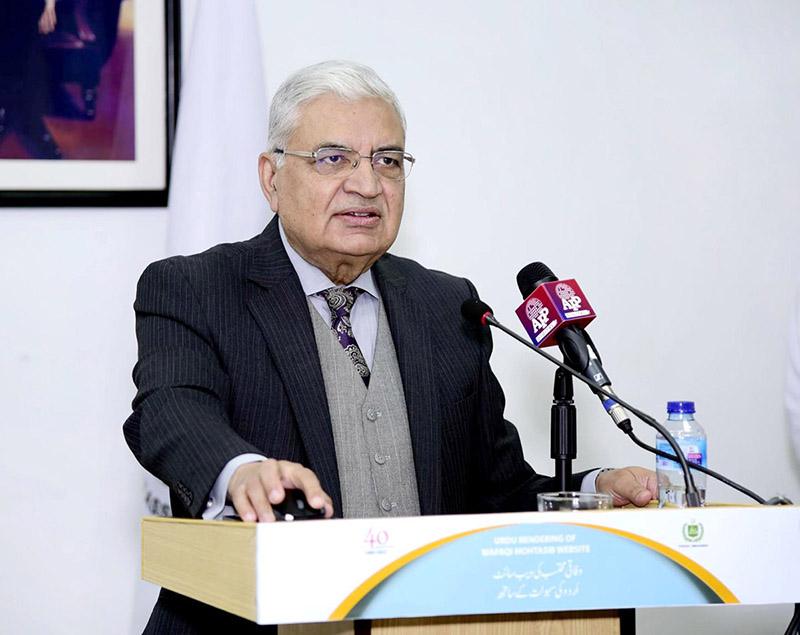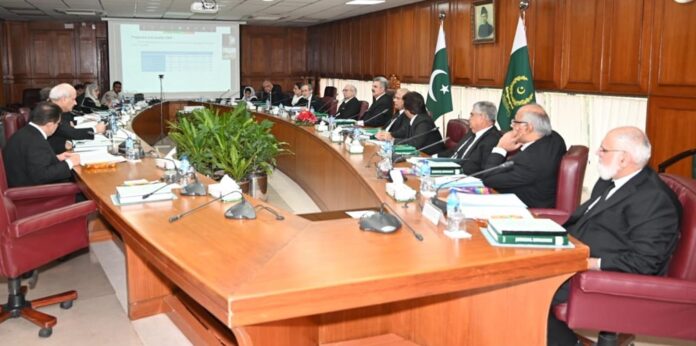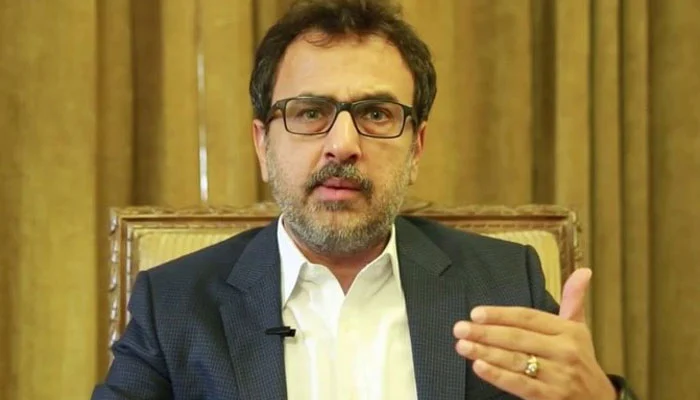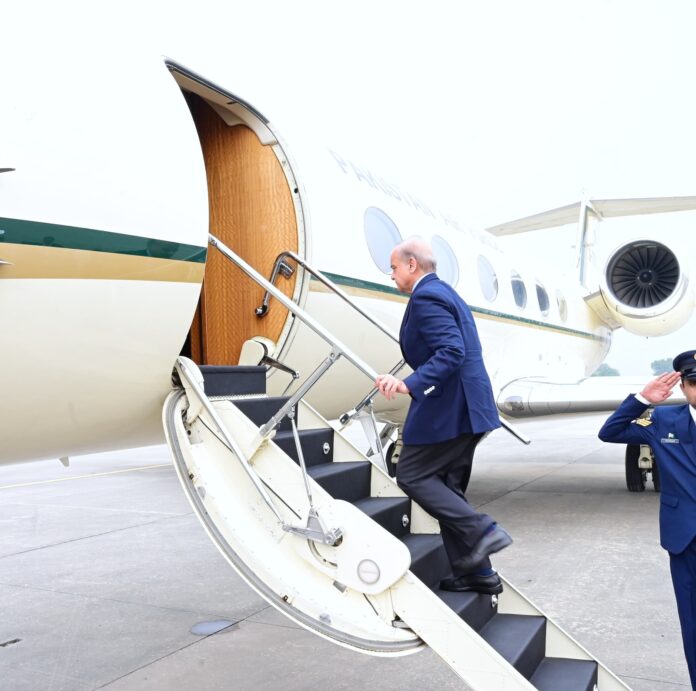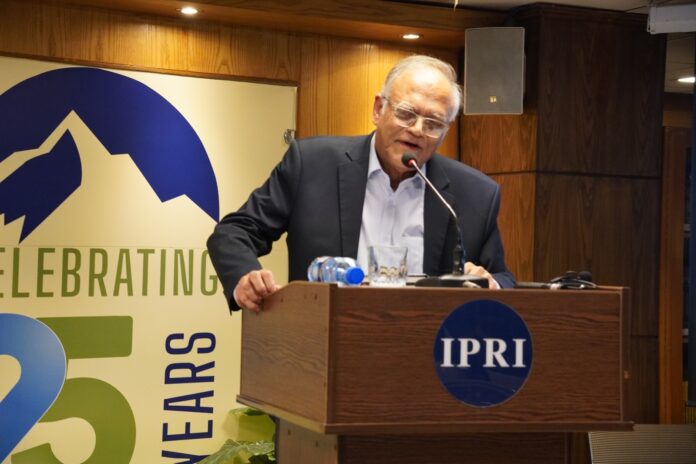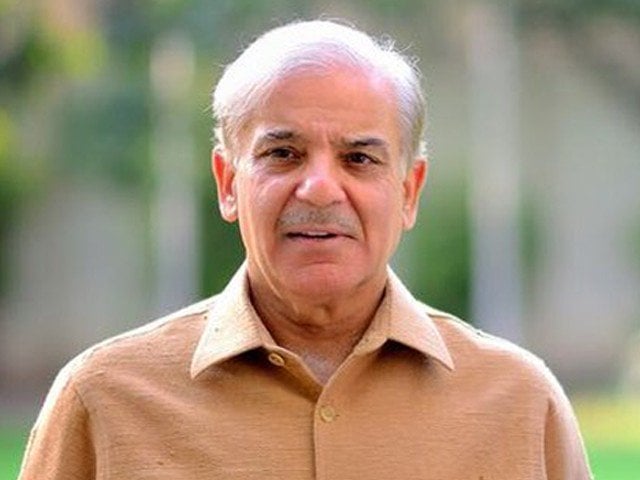Zia Ur Rahman
ISLAMABAD, Dec 26 (APP):Pakistan Post has long served as a vital public service, reaching even the most remote corners of the country. With around 13,000 post offices, it provides services to 20 million households and businesses.
Beyond traditional mail, Pakistan Post also functions as an agent for the government, offering services like Savings Bank, Postal Life Insurance, tax collection, and utility bill payments.
Despite its wide reach and essential role, Pakistan Post faces significant challenges. The Shakrial post office in Rawalpindi, for instance, operates under difficult conditions.
Serving communities in both Rawalpindi and Islamabad, it struggles with inadequate infrastructure, limited space, and a lack of basic facilities. Operating from just two shops with a small team of eight, it remains a crucial service hub for thousands.
Located near the Islamabad Highway, the office serves areas like Iqbal Town, Murshid Town, Muzamal Towan and Professor Colony. Among the staff is Faisal, a postman who explained the difficulties they face, talking to APP says, “We receive no petrol allowance. I commute from Golra and distribute all postal items at my own expense.”
Aftab, the office’s in-charge, added that the office has been without electricity for three months due to unpaid bills, relying on borrowed electricity from neighbours. “We don’t even have a UPS or generator. Rent for our two shops has been overdue for over a year,” Aftab shared about the working conditions with this scribe.
The office’s conditions are a challenge for both staff and customers. With only six chairs for eight employees, not everyone has a proper seat, yet they continue to serve with dedication.
Salim, a staff member, noted, “The lack of infrastructure affects both our work and the customers’ experience.
“Customers like Zainab pointed out the lack of seating and desks, while Bilal highlighted that the office is hard to locate due to the absence of a signboard.
Zainab also expressed concerns about walking through the dark market for service, especially when sending money to her family.
Suggestions from locals include relocating the office to a larger space and adding specialized counters. Senior citizen Qaim Shah remarked, “A spacious office with proper facilities would make this service even better.”
Despite these struggles, the post office remains indispensable to the community. For students like Mudassar, it ensures the timely delivery of academic materials, enabling him to continue his education while working.
On a larger scale, the Pakistan Post is making progress. According to the Universal Postal Union’s 2022 Postal Ranking Index, Pakistan Post is ranked 55th out of 162 countries, reflecting its reliability, reach, relevance, and resilience, even amid ongoing challenges.
Postal services around the world have become key drivers of national economies, evolving beyond traditional mail delivery to include financial transactions, e-commerce logistics, and digital services. For example, Deutsche Post DHL in Germany has integrated automation and e-commerce solutions to facilitate international deliveries.
The United States Postal Service (USPS) has expanded into digital mail and e-commerce partnerships, while Japan Post offers a range of financial services and efficient logistics for both domestic and international markets.
These services boost trade, support e-commerce, create jobs, and provide essential services to urban and rural areas. By adapting to technological trends, global postal services remain relevant and profitable, contributing to their countries’ economic and social development.
For Pakistan Post to stay competitive, it must embrace modern technologies, expand its services, and meet the demands of the digital age. Through such reforms, it can rebuild public trust, generate more revenue, and support national economic growth.
مضمون کا ماخذ : آن لائن اور ایپلیکیشنز


